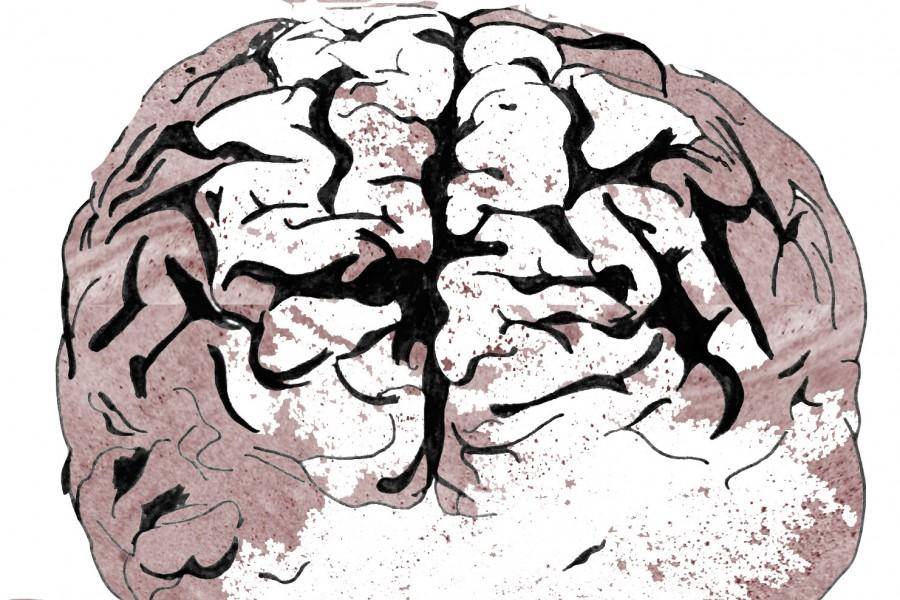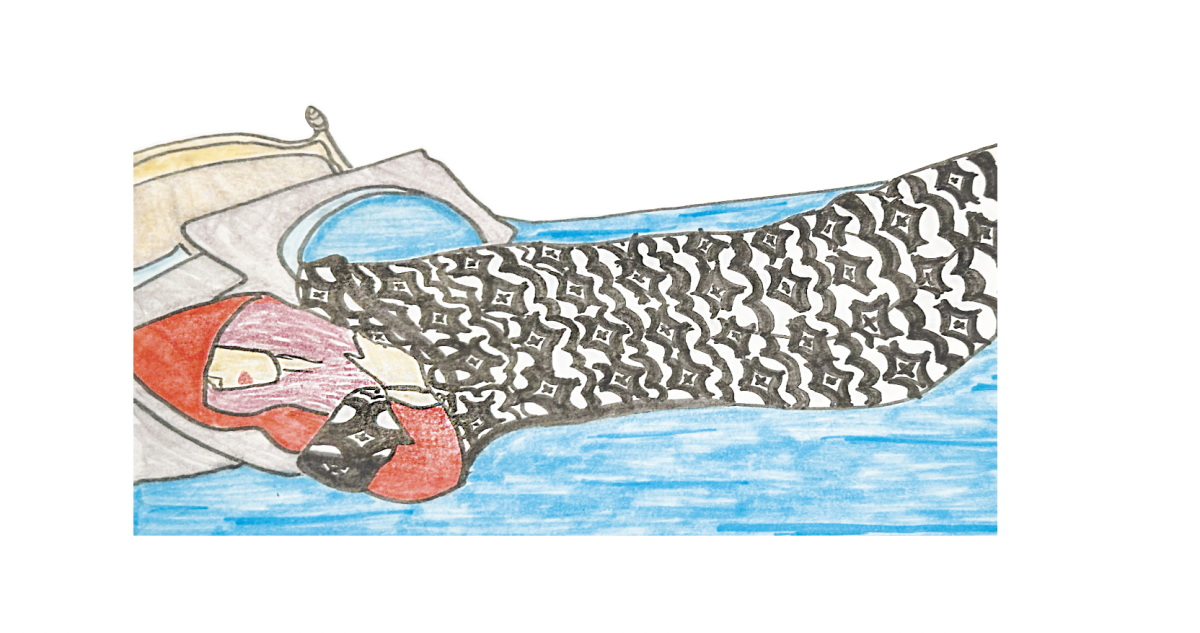Mental illness directly affects one in five teenagers, and many more have family members or friends who struggle with it.
One-half of all cases of mental illness develop by age fourteen and three-fourths appear by age 24. But how, and why, does it occur?
There are many different factors that can lead to a mental illness. Some, such as schizophrenia or bipolar disorder, are mostly caused by brain chemistry. Others, like clinical depression or anxiety, are often significantly related to a person’s environmental influences. However, all mental illnesses are, to some extent, the result of a convergence of factors: genetic, chemical and environmental.
As technology improves, science is closer now to understanding these complex dynamics than ever before.
Take heart disease, for instance. A hundred years ago, doctors could only take into account patients’ self-reported symptoms.
Today, they can measure and examine a plethora of factors, such as detailed images of blood cells, precise cholesterol levels, and myriad measurements of the heart’s electrical activity. “The only difference here is that the organ of interest is the brain instead of the heart or pancreas,” says Dr. Thomas Insel, Director of the National Institute of Mental Health, in an interview with the American Psychological Association. “But the same basic principles apply.”
New technologies are frequently part of this shift. Researchers have sequenced genes associated with schizophrenia, detected abnormalities in brain structure associated with autism, determined the likelihood of developing PTSD after a traumatic event, and mapped missing connections among the brain’s mood-related circuits that could lead to depression.
However, it’s difficult and potentially harmful to treat every case of illness as monolithic. Psychiatrists generally try to consider each patient on a case-by-case basis.
Dr. Helen Mayberg of Emory University “used to think…that you could explain all the variants by the biology,” but now, she’s not so sure. “The caveat is, different cohorts of patients clearly have different patterns – and likely the need for different specific interventions.” In other words, a “one-size-fits-all approach” is not effective in treating mental illness.
Generally speaking, while there may be some biological causes, says Dr. Jerome Wakefield of New York University, “there’s no smoking-gun malfunction in your brain.”
A critical recent development in research that could help shed light on the connections between the biological and environmental causes of mental illness is epigenetics. Epigeneticists study the ways that “[c]ertain genes are turned on or turned off, expressed or not expressed, depending on environmental inputs,” says Dr. Richard McNally, a professor of clinical psychology at Harvard.
In the end, all of the causes play into one another like most diseases. “I think what’s happening is not a battle between biological and non-biological approaches,” McNally continues, “but an increasingly nuanced and sophisticated appreciation for the multiple perspectives that can illuminate the etiology [causes] of these conditions.”







